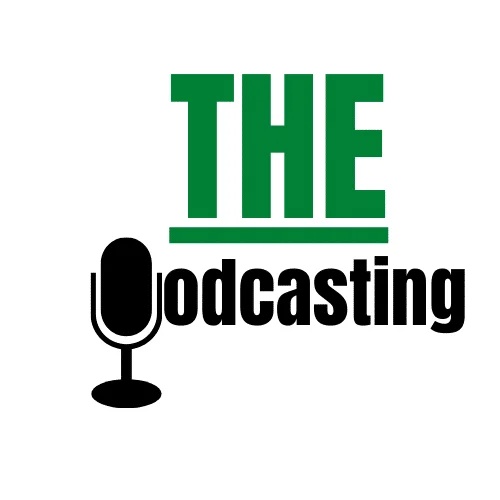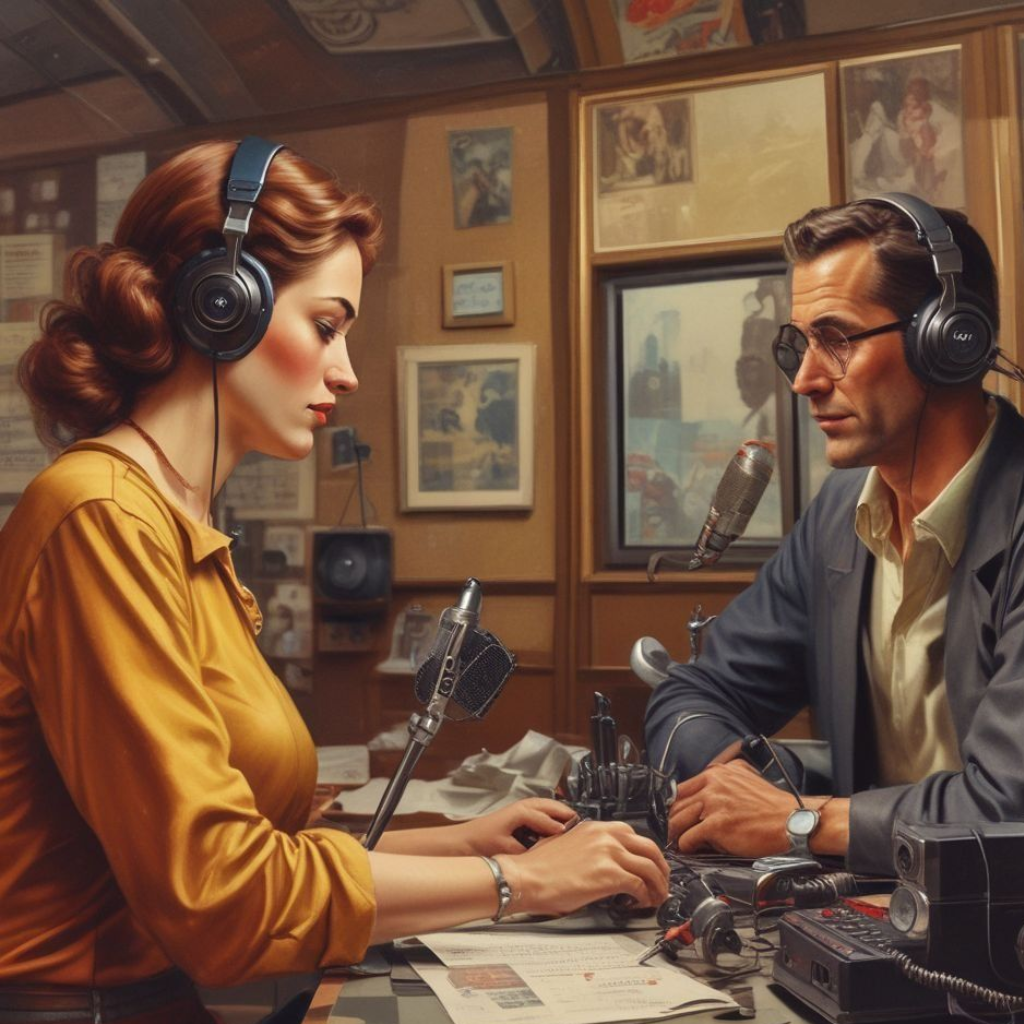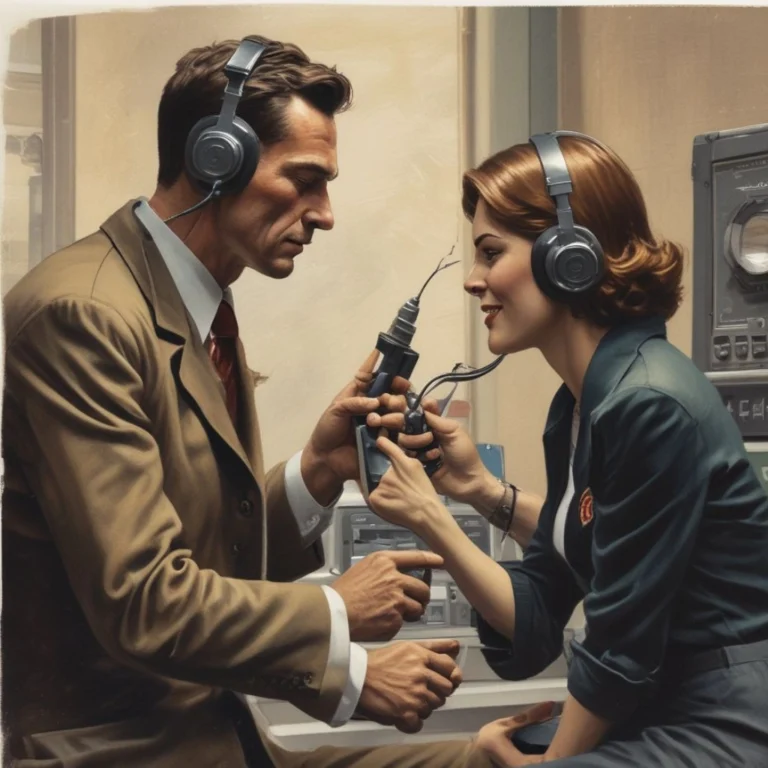Podcasting is an art form that has captivated audiences worldwide, offering a platform for storytelling, education, and entertainment. One key element that podcasters need to decide early on is whether to create a scripted or unscripted podcast. Each format has its own strengths, weaknesses, and unique appeal. Understanding the nuances of these podcast styles will not only help creators make informed decisions but also enhance their ability to engage listeners and create successful shows.
Scripted vs. Unscripted Podcasts: Which Format Works Best for Your Show?
In this blog post, we will explore the advantages and challenges of both scripted and unscripted podcasts, offer examples of top podcasts in each category, and discuss which format might be the best fit depending on your goals. We’ll also include tips for creating high-quality podcasts, regardless of format, and dive into the listener experience associated with each style.



